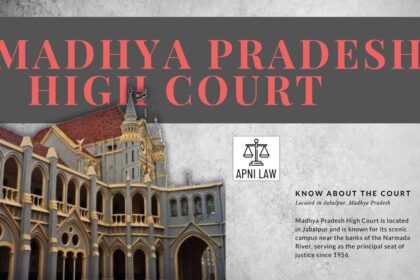Code
(1) Where, in a trial before the Court of Session, the accused is not represented by a pleader, and where it appears to the Court that the accused has not sufficient means to engage a pleader, the Court shall assign a pleader for his defence at the expense of the State.
(2) The High Court may, with the previous approval of the State Government, make rules providing for–
(a) the mode of selecting pleaders for defence under sub-section (1);
(b) the facilities to be allowed to such pleaders by the Courts;
(c) the fees payable to such pleaders by the Government, and generally, for carrying out the purposes of sub-section (1).
(3) The State Government may, by notification, direct that, as from such date as may be specified in the notification, the provisions of sub-sections (1) and (2) shall apply in relation to any class of trials before other Courts in the State as they apply in relation to trials before Courts of Session.
Explanation
This section mandates that the state provide legal aid to accused persons in certain circumstances, ensuring they have access to legal representation, regardless of their financial status. The provision aims to ensure a fair trial and uphold the principles of justice.
The section outlines the following:
- Eligibility: The legal aid is available to accused persons who are unable to afford legal representation. The court will assess their financial status and determine their eligibility.
- Types of Cases: Legal aid is provided in various cases, including those involving serious offenses like murder, rape, and other grave crimes.
- Appointment of Counsel: The court will appoint a lawyer to represent the accused person. The appointed lawyer must be competent and experienced in handling criminal cases.
- State’s Responsibility: The state is responsible for bearing the expenses of the legal representation, including the lawyer’s fees and other associated costs.
Illustration
Imagine a person is accused of a serious crime but cannot afford to hire a lawyer. Under Section 304, the court will assess their financial situation and, if deemed eligible, appoint a lawyer to represent them. The state will bear the expenses of this legal representation, ensuring the accused has a fair chance at a fair trial.
Common Questions and Answers
Q1: Who is eligible for legal aid under Section 304?
A: Persons who are unable to afford legal representation are eligible for legal aid under this section. The court will assess their financial status to determine eligibility.
Q2: In which cases is legal aid provided?
A: Legal aid is available in various cases, including serious offenses like murder, rape, and other grave crimes.
Q3: How is a lawyer appointed for an accused person?
A: The court appoints a lawyer for the accused person. The appointed lawyer must be competent and experienced in handling criminal cases.
Q4: Who pays for the legal representation?
A: The state is responsible for bearing the expenses of the legal representation, including the lawyer’s fees and other associated costs.








